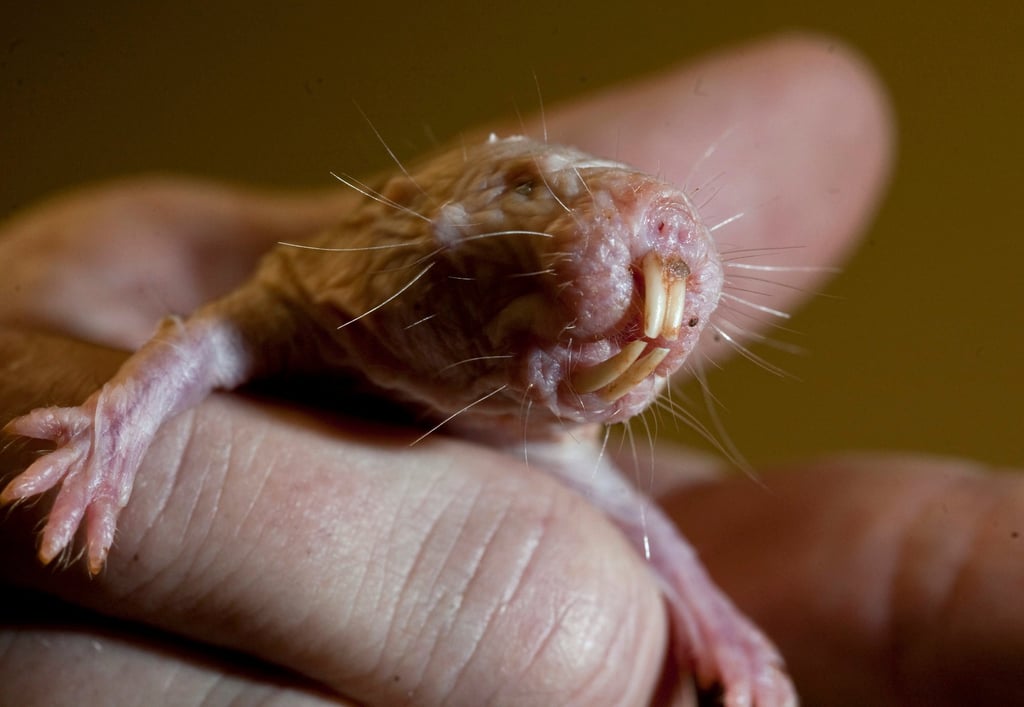The remarkable longevity and disease resistance of naked mole rats are linked to a version of a protein involved in DNA repair that is also found in humans, Chinese scientists have discovered.
Advertisement
Their findings suggest that the longevity of naked mole rats could inspire a new therapeutic anti-ageing strategy to improve the health and lifespan of humans.
“Our work provides a molecular basis for how DNA repair is activated to contribute to the exceptional longevity during evolution in naked mole-rats,” the team said in a paper published in the peer-reviewed journal Science on October 9.

Naked mole-rats are burrowing rodents with a maximum lifespan of around 37 years, which is extraordinary for a mammal of their size.
Advertisement

